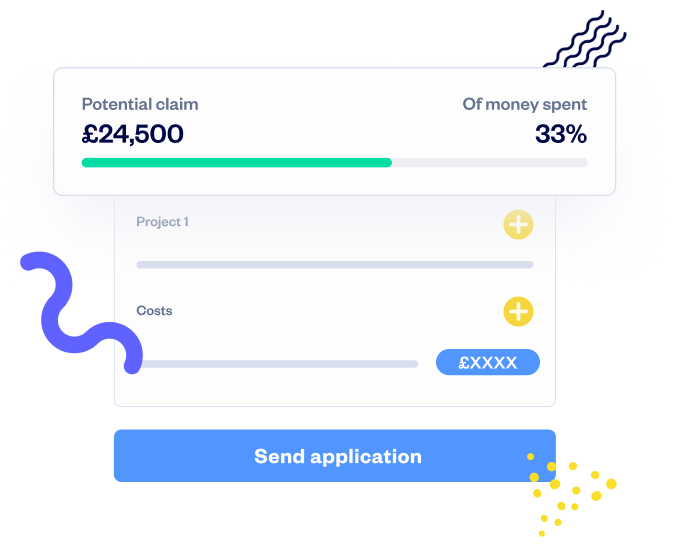R&D success stories: meet the companies claiming back cash
Meet the innovative companies who have successfully recovered money through the SeedLegals R&D Tax Credits service.
R&D tax relief has long rewarded companies that work on innovative projects in the UK.
But, starting April 2023, there were changes to the cost categories and rate changes for both the SME and RDEC schemes which mean you would likely get somewhat less, or a lot less, R&D cash back for money spent subsequent to that date.
There are five cost categories for R&D:
These categories will stay in place, but from 1 April 2023, new criteria apply:
Previously, costs relating to cloud-based technology and data software licences couldn’t be included in an R&D claim.
But for accounting periods starting on or after 1 April 2023, you can include these costs in your claim. This is great news for companies who use cloud-based services and rely on data for their research.
Previously, activities which relate to pure mathematics weren’t eligible for inclusion in R&D claims.
The government has updated the R&D relief guidelines to expand the definition of ‘science’ to include ‘mathematical advances’ as science. This means that from 1 April 2023, you can claim a proportion of costs relating to pure maths activities – great news for companies doing R&D in quantum computing, deeptech and more.
Subcontracted spend from outside the UK will no longer be eligible for inclusion in R&D claims. The aim of this is to bring more R&D activity to the UK and incentivise companies to move operations into the UK.
It’s not just the qualifying costs that are changing. HMRC has also updated the way you need to submit your R&D claim for accounting periods starting on or after 1 April 2023:
For full details about the information you’ll need to include, read the guidance at the HMRC website.
For accounting periods starting on or after 1 April 2023, HMRC has added a new requirement that you must notify them before you make a claim.
You’ll need to fill in an online form to notify HMRC that you intend to make a claim within six months from the end of the accounting period which your claim covers.
This requirement doesn’t apply if you made a claim in one of the three previous accounting periods.
To check if you need to notify HMRC in advance and how to send your notifications, read the detailed guidance at the HMRC website.
The SME R&D scheme benefit for loss-making companies decreased from a maximum of 33% cash back to 18.6%.
Ben ConryThis reduction in the generosity of the SME R&D tax relief scheme is due to fraudulent activity detected by HMRC.
R&D Tax Lead,
The RDEC rate increased from 13% to 20%. That means that the overall tax benefit from the RDEC scheme increased from 10.54% to 16.2%.
Ben ConryR&D tax relief remains an important way to ensure that companies are bringing cash into their business and will still remain a valuable growth tool for genuine claimants.
At SeedLegals, we can help you navigate the complex legislation, confirm whether you are eligible to claim and how much you are likely to get back as a reduction in corporation tax liability or a cash credit.
R&D Tax Lead,
In 2021, the government announced a rise to Corporation Tax which came into effect on 1 April 2023.
The rate rise hit profit-making companies hardest and makes calculating their tax rate more complicated:
For companies making a profit:
Not sure how these changes affect your business? Need some help with your claim? Book a free call with our R&D experts.
Automate the admin and maximise the amount you get back. Make your claim with unlimited support from our R&D specialists.
Optimise my claimSources
Gov.uk | Guidelines on the meaning of research and development for tax purposes | Accessed 4 April 2023
Gov.uk | Guidance | Research and Development (R&D) expenditure credit | Accessed 30 March 2023
HMRC | Guidance | Tell HMRC that you’re planning to claim Research and Development (R&D) tax relief | Accessed 13/04/23
HMRC | Guidance | Submit detailed information before you claim Research and Development (R&D) tax relief | Accessed 13/04/23








